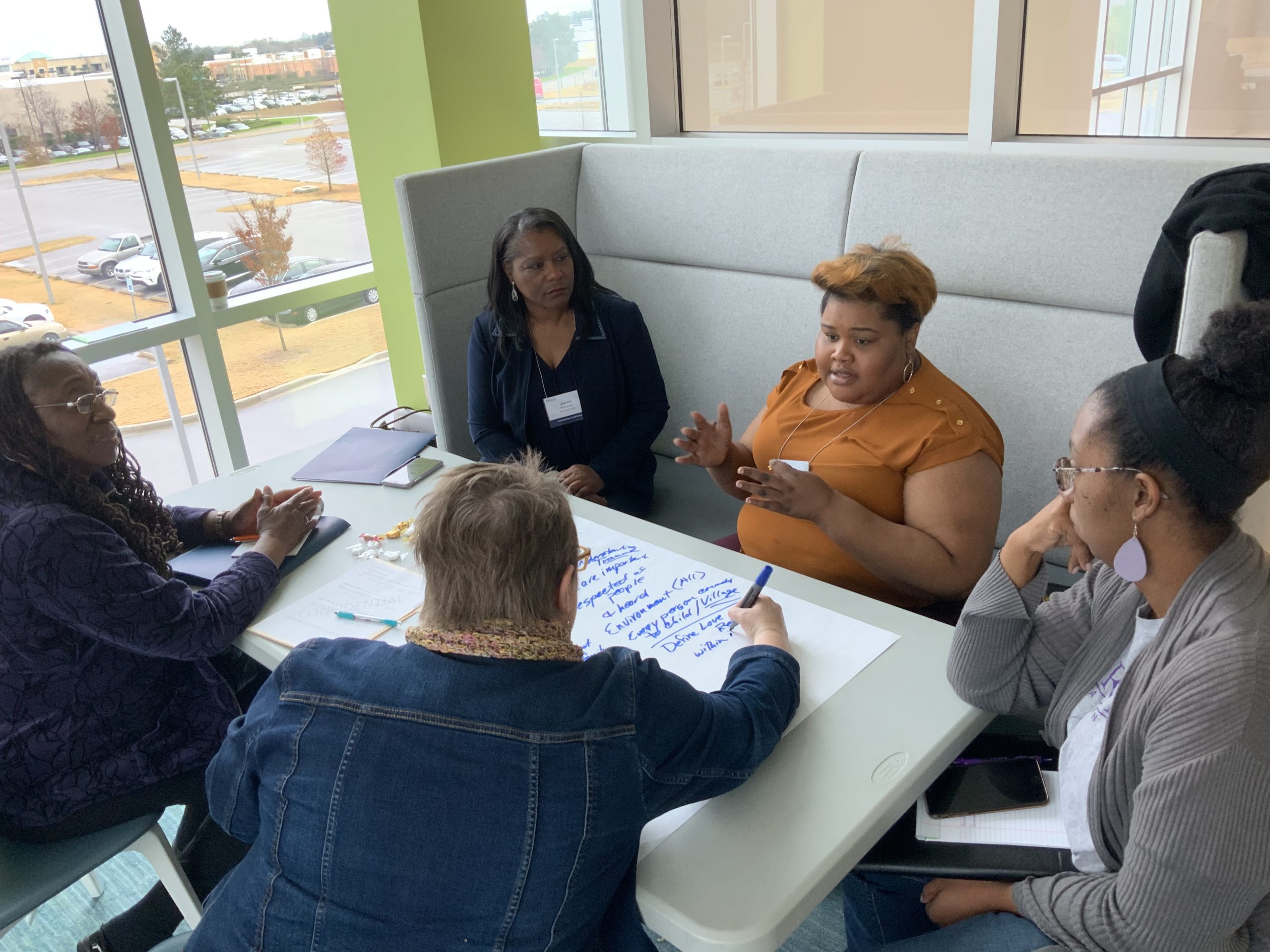
MMC Training
Midlands Mediation Center have trained thousands of community members in conflict resolution skills. These skills apply to the workplace, organizational structures, and collaborative work. In addition to their professional lives, some may find that these skills provide benefits for their personal lives.
Our staff will work with you and your staff to provide a custom training that meet the unique needs of your team or organization. In support of our customized training initiative, we provide up to 60-minute consultation at no cost.
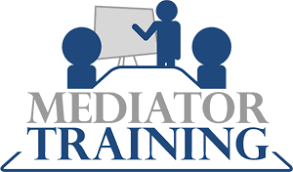
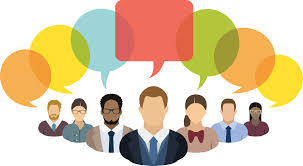

Conflict Engagement
Conflict arises from differences between people in goals, perceptions, understanding, values, expectations, status, culture, or behavior. There are many terms used to describe conflict engagement; conflict resolution, conflict transformation, or conflict management. All terms address ways individuals can engage in conflict to reach a mutual agreeable outcome which may not always be resolution but potentially management. We all have the ability to engage in conflict yet some of us may struggle with the notion of resolving conflict. There are some conflicts that can not be resolved therefore we engage in the process of managing or transforming the conflict. Regardless of the method, we all need to have the tools, skills and resources which help us respond better to conflict.
MMC Provides the following sessions
Conflict Mapping
Resolving The Problem
Organizational Conflict Overview
Conflict Style and Management
Active Listening
De-Escalation Skill Development
Exploring Cultural Competency
Unconscious Bias and Microaggressions
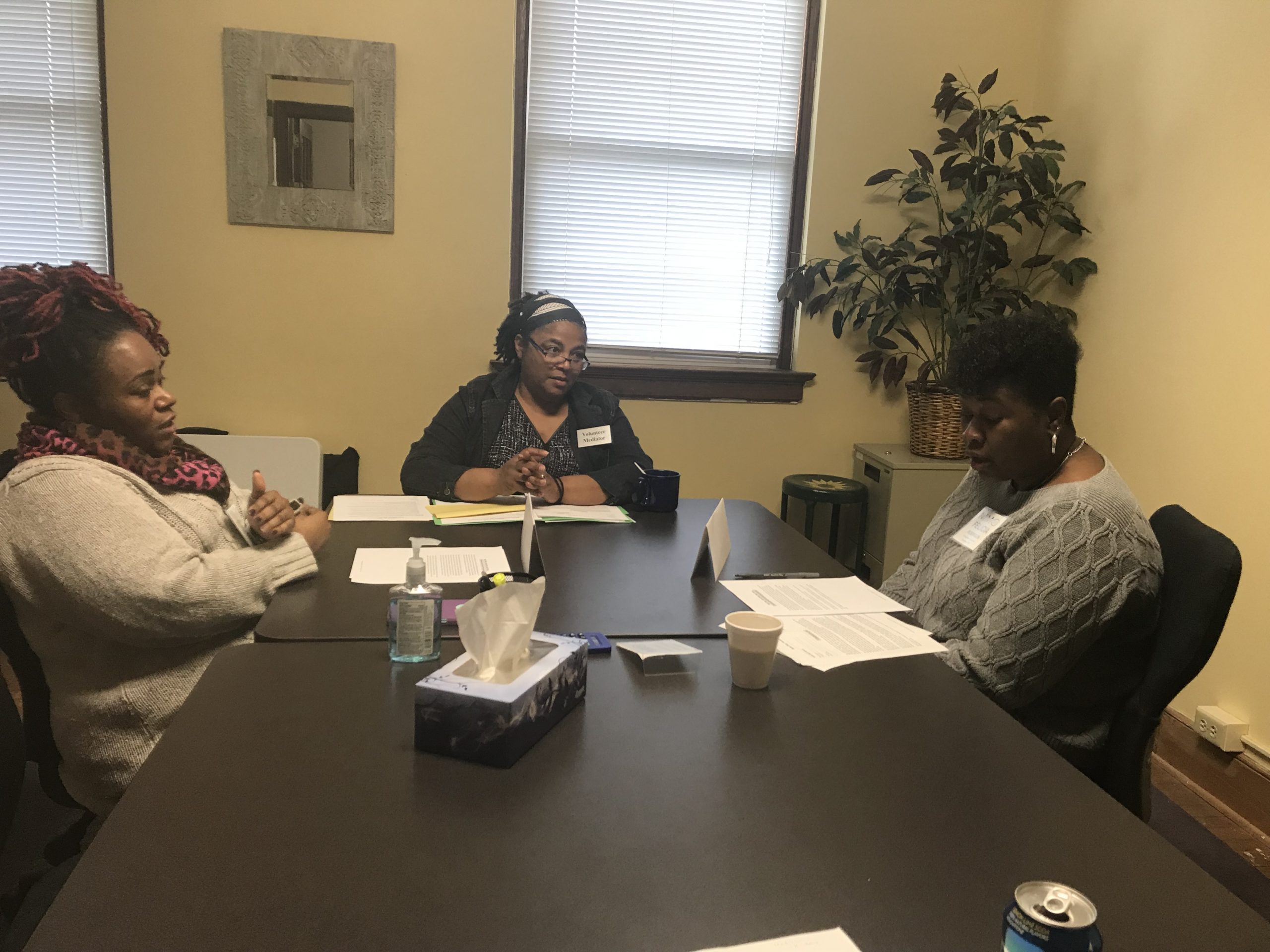
Mediation
Mediation is a conflict resolution process in which a mutually acceptable third individuals, who has no authority to make binding decisions for disputants, intervenes in a conflict or dispute to assist involved people to improve their relationships, enhance communications, and use effective problem-solving and negotiation procedures to reach voluntary and mutually acceptable understandings or agreements on contested issues.
Introduction To Mediation
Midlands Mediation provides quarterly training in mediation. For more information about the Introduction to Mediation Training, Click Here
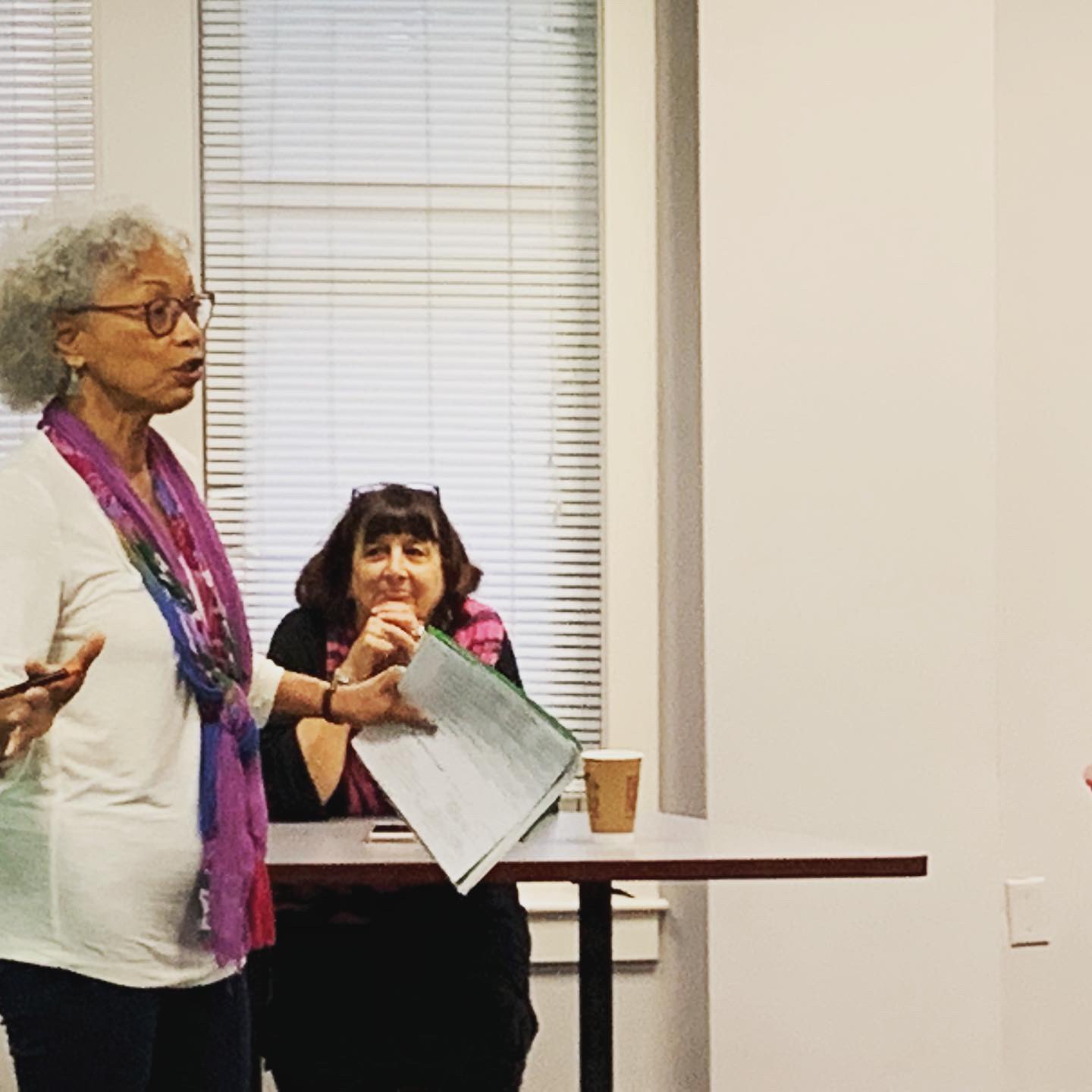
$1000
INTRODUCTION TO MEDIATION (30-HRS PER PERSON)
- Prepare participants how to become a mediator and how to effectively facilitate the mediation process – from the opening to dialogue to an agenda and then the move forward beyond mediation.
- Help participants apply a framework to the mediation process in order to assist parties in their efforts to define the issues, focus on their interests, and generate options that secure sound resolutions.
- Provide participants with the skills necessary to mediate effectively, including interactive listening, asking effective questions, and understanding value-based negotiation.

$5,000
GROUP TRAINING – MEDIATION PROCESS (15-HOURS / 8 PEOPLE)
- Prepare participants how to effectively facilitate the mediation process – from the opening to dialogue to an agenda and then the move forward beyond mediation.
- Help participants apply a framework to the mediation process in order to assist individuals in their efforts to define the issues, focus on their interests, and generate options that secure sound resolutions.
- Provide participants with the skills necessary to mediate effectively, including interactive listening, asking effective questions, and understanding value-based negotiation.

$5,000
GROUP TRAINING – MEDIATION REFRESHER (4-6 HOURS / 12 PEOPLE)
- Refresh individuals who completed the 40 hours of training.
- Review the framework of the mediation process and the mediator skills and techniques
- Provide advance skills as needed
The course covers the topics
- The Mediation Process
- The Skills and Techniques of Mediators
- Online Mediation
- Overview of Rules and Ethics
Includes 1.5 – 4.0 hours of simulation
Introduction To Facilitation
Introduction to facilitation prepares individuals to facilitate the flow of information among those involved in a meeting, training, dialogue, or townhall and provide feedback and report to the individual or group they supported in the facilitation. A facilitator is a neutral person to the conversation or dialogue, having no invested interest in the ultimate outcome.
- Prepare participants how to become a facilitator and how to effectively facilitate
- Explore facilitation process tools and their appropriate use
- Utilization of effective techniques to facilitate
Individual Offerings
Conflict Transformation
Introduction to conflict transformation and how it differs from conflict management, resolution and prevention. Participants will explore how conflict offers opportunities for constructive and potentially systemic change. Individuals will examine different tools and techniques to engage constructively in conflict. (16 hours)
Conflict Mapping
Conflict is natural, inevitable and complex. The process of conflict mapping allows individuals and groups to organize and identify everyone involved in the conflict. Participants will create a conflict map to identify what and/or who is driving the conflict. Individuals will identify the steps necessary to map a conflict. (3 hours)
Conflict Style and Management
Individuals respond to conflict differently and so does organizations. Participants will review the four conflict responses (Avoiding, Accommodating, Compromising, Collaborating, and Competing) and how organizations use these responses in decision making. (3 hours)
Resolving The Problem
Addressing conflicts is often draining and individuals tend to avoid or accommodate the person or group they are in conflict with thereby ignoring their needs. Participants will explore reasons they are unwilling to resolve conflict. Individuals will examine the root cause, resentments, acknowledgement and forgiveness. (3 hours)
Organizational Conflict Overview
Organizational conflict is driven by organizational policies or processes over which people disagree. The resolution to these conflicts is driven by the organizations structure and culture. Participants will examine their organization culture and the difference between organization and interpersonal conflict. (3 hours)
Active Listening
Individuals explore the skills and techniques for developing active listing. Participants will demonstrate their listening skills through interactive exercises. (1.5 hours)
De-Escalation Skill Development
Individuals examine the different models for de-escalation (CAF; LEAPS; ALGEE) and techniques to assist in de-escalating a situation. Participants will explore emotions, the physiology of de-escalation, and how to respond. (1.5 hours)
Exploring Cultural Competency
No culture can be defined as just one thing because diversity exists within all cultures; however, each culture has context, values, and power dynamics. Individuals will explore different aspects of culture and how awareness of cultural dynamics can increase competency in society. 1.5 hours
Unconscious Bias and Microaggressions
Social stereotypes about certain people that individuals form outside their conscious awareness define unconscious bias. Everyone holds beliefs about various social and identity groups, and these biases developed from our tendency to categorize our social world. Individuals will examine the formation of discrimination, acknowledge their preferences, and develop strategies to limit biases’ impact on decision-making. 1.5 hours.
School and Youth Organizations
Midlands Mediation provides schools and youth organizations with customized training to assist children, youth and individuals supporting children and youth with conflict engagement skills. MMC works closely with the administrators of their programs to craft wrap-around services inclusive of parents and other entities engaged with children and youth. Please contact our youth coordinator for more information

